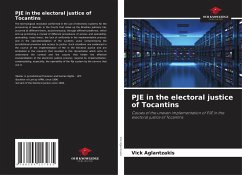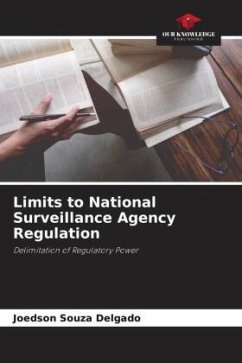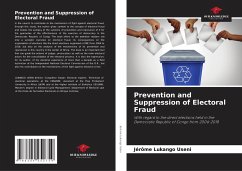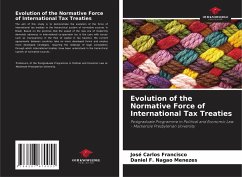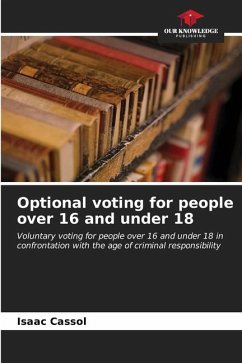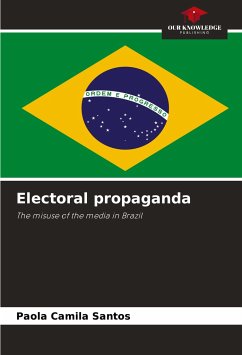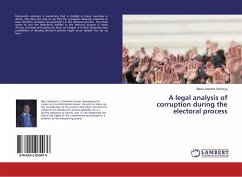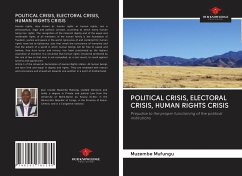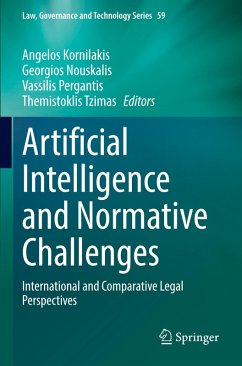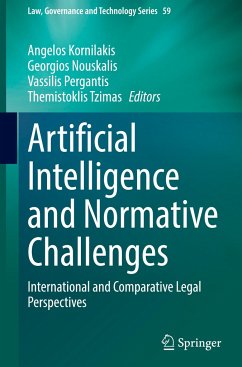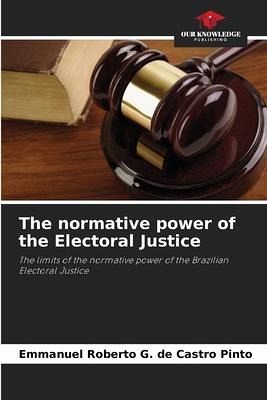
The normative power of the Electoral Justice
The limits of the normative power of the Brazilian Electoral Justice
Versandkostenfrei!
Versandfertig in 6-10 Tagen
47,99 €
inkl. MwSt.

PAYBACK Punkte
24 °P sammeln!
The Brazilian Electoral Justice, especially the Superior Electoral Court, has been making increasing use of the so-called normative power, through the issue of resolutions on electoral matters, which, in principle, should have a regulatory character, that is, to clarify and make feasible the legal provisions, but without restricting rights or establishing sanctions not provided for in the respective law. Since this is a normative competence exercised by a branch of the Judiciary, whose main function is jurisdictional and not legislative, the book analyzes its compatibility with the constitutio...
The Brazilian Electoral Justice, especially the Superior Electoral Court, has been making increasing use of the so-called normative power, through the issue of resolutions on electoral matters, which, in principle, should have a regulatory character, that is, to clarify and make feasible the legal provisions, but without restricting rights or establishing sanctions not provided for in the respective law. Since this is a normative competence exercised by a branch of the Judiciary, whose main function is jurisdictional and not legislative, the book analyzes its compatibility with the constitutional principles of the separation of powers and legality, what are the formal and material limits to the exercise of this activity, and the appropriate instruments to invalidate the acts that eventually exceed these limits. Finally, it investigates how the Federal Supreme Court has faced the issues related to this theme.



